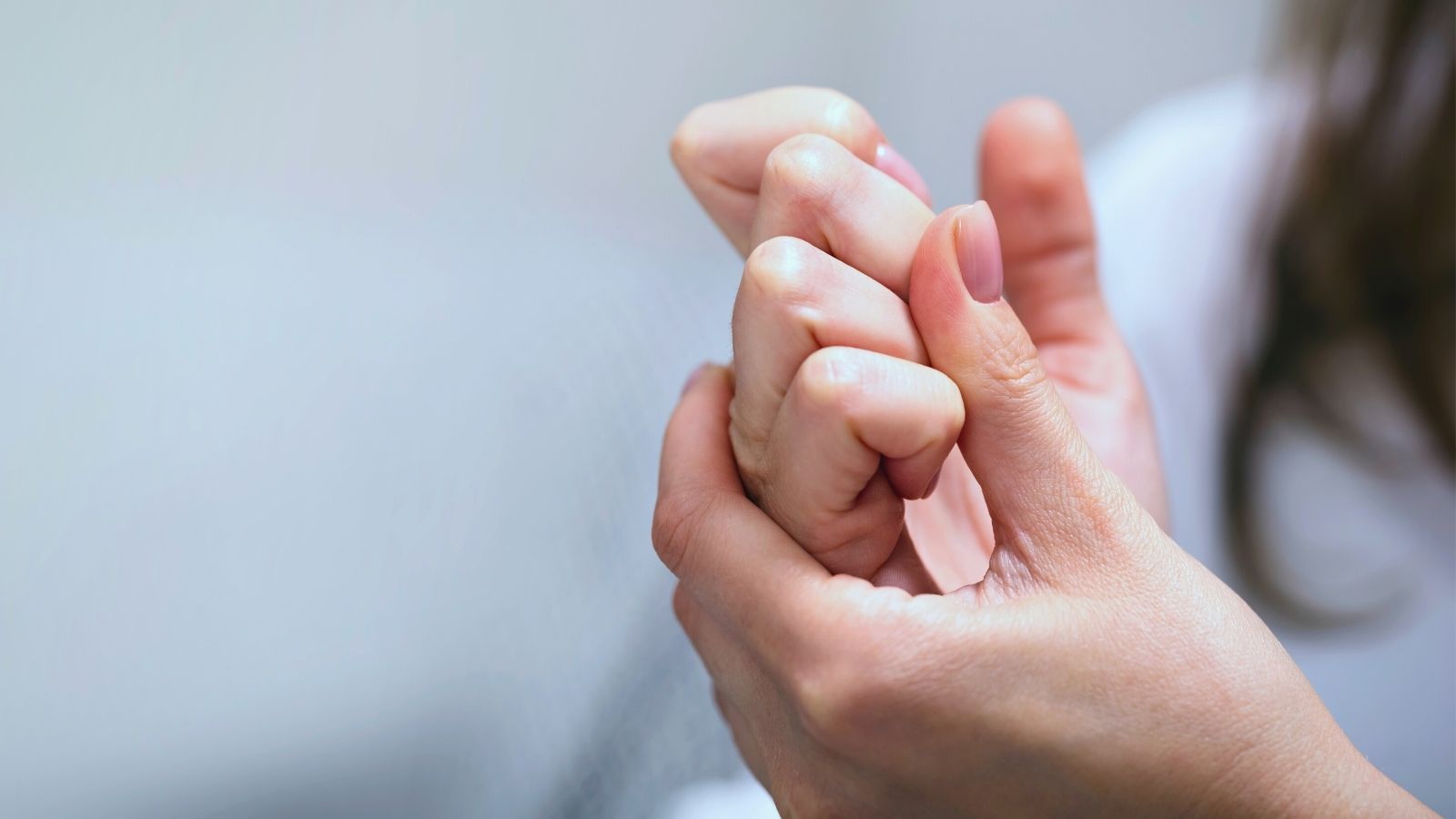Debunking Myths: Knuckle Popping and Arthritis.

It’s essential to stay informed about popular health topics and separate fact from fiction. One such topic is knuckle popping and its supposed link to arthritis. Many believe popping your knuckles can lead to arthritis, but is this true? Let’s explore the facts and clear up any misconceptions surrounding this common habit.
What is Knuckle Popping?
Before we dive into the link between knuckle popping and arthritis, let’s first understand what knuckle popping is. Knuckle popping is the act of making a sound by quickly separating the bones in your fingers, forming air bubbles in the space between the joints. This can be done in several ways, including pulling on the finger, bending it backward, or clenching your fist. Some people find knuckle popping satisfying or therapeutic, while others find it annoying or uncomfortable.
Does Knuckle Popping Cause Arthritis?
The answer is no. Despite its widespread belief, numerous studies have shown that there is no scientific evidence linking knuckle popping to arthritis. The “pop” sound you hear is just gas bubbles in the synovial fluid of your joints, which form when the pressure in the joint changes. Knuckle popping may annoy those around you, but partaking in the habit does not cause arthritis. Though it’s not harmful to your joints, it’s still important to consider other potential risks associated with the practice.
Breaking the Knuckle Popping Habit
If you’re looking to break the knuckle-popping habit, there are a few strategies you can try. One is to find a replacement habit, such as squeezing a stress ball or fidget toy, to satisfy the urge to move your fingers. You can also enlist the help of a friend or family member who can hold you accountable and provide encouragement as you work to break the habit.
Supporting Joint Health
While knuckle popping won’t cause arthritis, arthritis remains a concern for many people. Regular exercise, including resistance training and cardiovascular exercise, can improve joint health. If you’re concerned about your joint health, it’s always a good idea to consult a medical professional and develop a plan to support your overall well-being.
By understanding the science behind knuckle popping and being mindful of your joint health, you can make informed choices about your habits and behaviors to support the long-term health and well-being of your joints. Don’t be misled by myths and misinformation – stay informed and take control of your joint health.
If you’re experiencing joint pain or are concerned about your joint health, it’s important to see a licensed professional who can get to the root of the problem. Our physical therapists can help you reduce pain, improve strength, and increase your range of motion. Find a clinic near you.